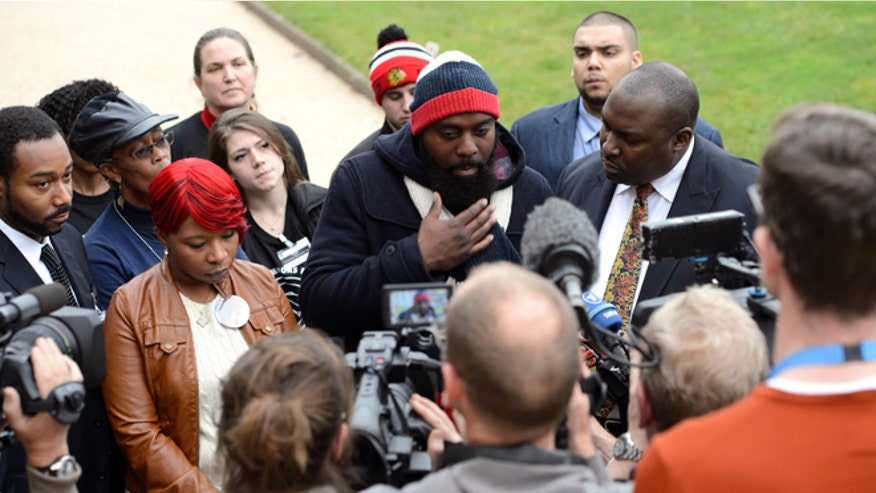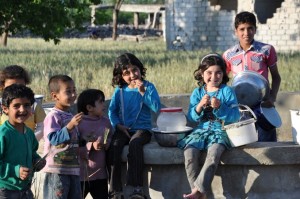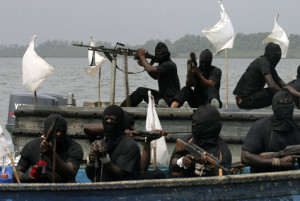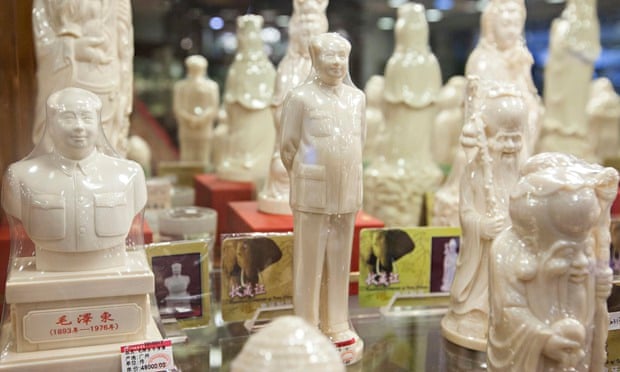By Lyndsey Kelly
Impunity Watch Reporter, North America
WASHINGTON, D.C., United States of America – After the shooting of an African-American teenager, Michael Brown, in Ferguson, Missouri and the number of racially charged protests that have risen in its aftermath, the parents of the teen testified Tuesday before a United Nations Committee Against Torture. Currently, citizens of St. Louis and the smaller town of Ferguson are awaiting the grand jury decision on whether to indict Darren Wilson, the police officer who killed Brown. Last week, the grand jury heard from Dr. Michael Baden, a forensic pathologist hired by the Brown family’s attorney to perform an autopsy. This was the third autopsy performed.

Michael Brown Sr. and Lesley McSpadden, Michael Brown’s parents, traveled to Switzerland to testify as part of the delegation of human rights advocates organized by the U.S. Human Rights Network. The Browns made a statement against police brutality and voiced their concerns over the ongoing events in Ferguson. They wished to relay the message to members of the U.N. committee and recommended them to bring an end to racially biased policing tactics and racial-profiling by officers in the Ferguson area. The family also requested a nationwide investigation examining police brutality and harassment in minority communities. The statement released by Brown’s family calls for recommendations that would apply to the entire United States, including the Department of Justice.
The family’s testimony to the committee took place behind closed doors, but a statement released last week says that Brown’s killing and the force used by the police during protests “represent violations of the Convention against Torture….” According to its website, “the Committee Against Torture is the body of 10 independent experts that monito[r] implementation of the Convention Against Torture and Other Cruel, Inhuman or Degrading Treatment or Punishment by its State parties.” Brown’s family hopes that by speaking in Switzerland, the U.N. will expose thee issues to the rest of the world.
On 24 October, Benjamin Crump, an attorney for Michael Brown’s family said, “All Michael Brown’s family has asked from day one is equal justice for their son. The concept of due process, this notion of all the law in the legal proceedings being fair for them, just like it is for a police officer.” Lawyers for Officer Wilson have chosen not to speak to the media.
For more information, please see the following:
CNN – Michael Brown’s Parents Address U.N.: “We Need the World To Know’ – 12 Nov. 2014.
FOX NEWS – Michael Brown Case: Ferguson Teen’s Parents and Double Standard – 15 Nov. 2014.
HUFFINGTON POST – Michael Brown’s Parents Advocate For Human Rights To U.N. Committee Against Torture – 13 Nov. 2014.
USA TODAY – Michael Brown’s Parents Testify at U.N. Hearing – 12 Nov. 2014.



